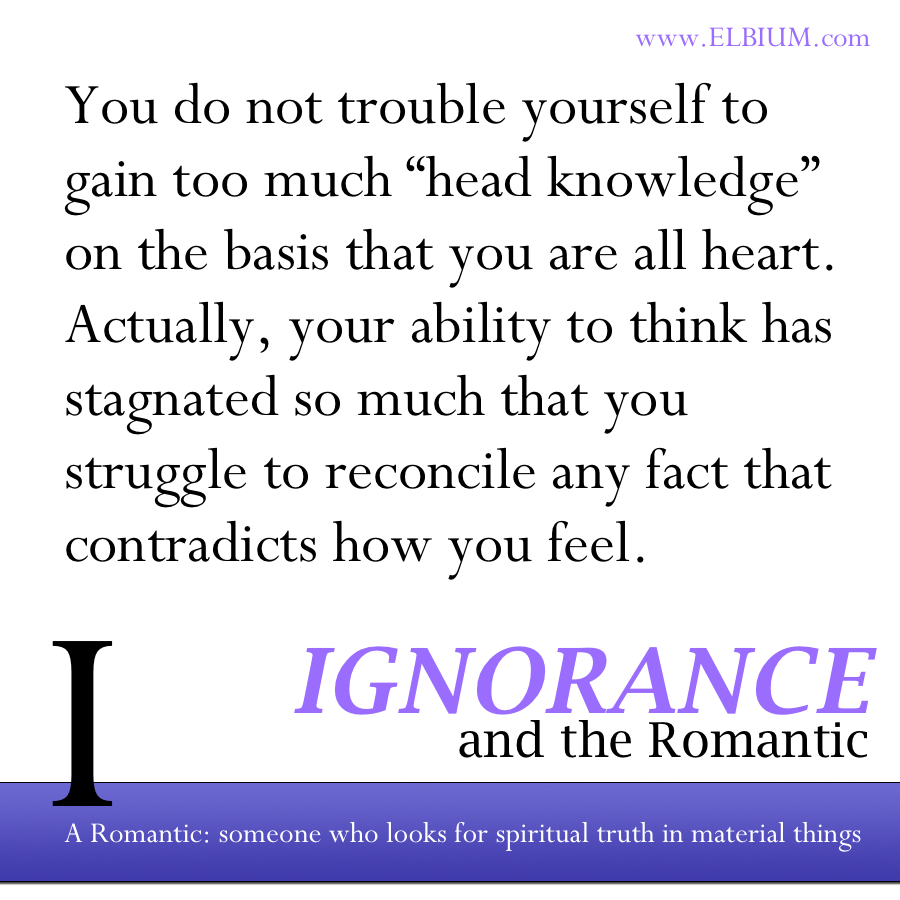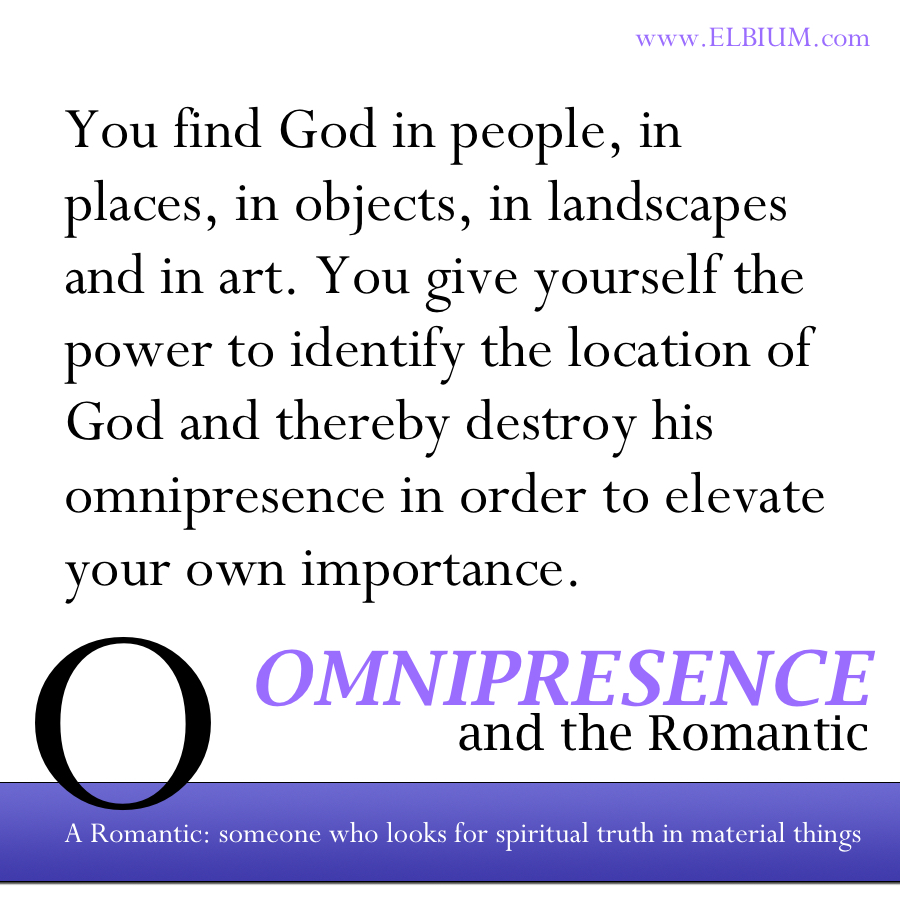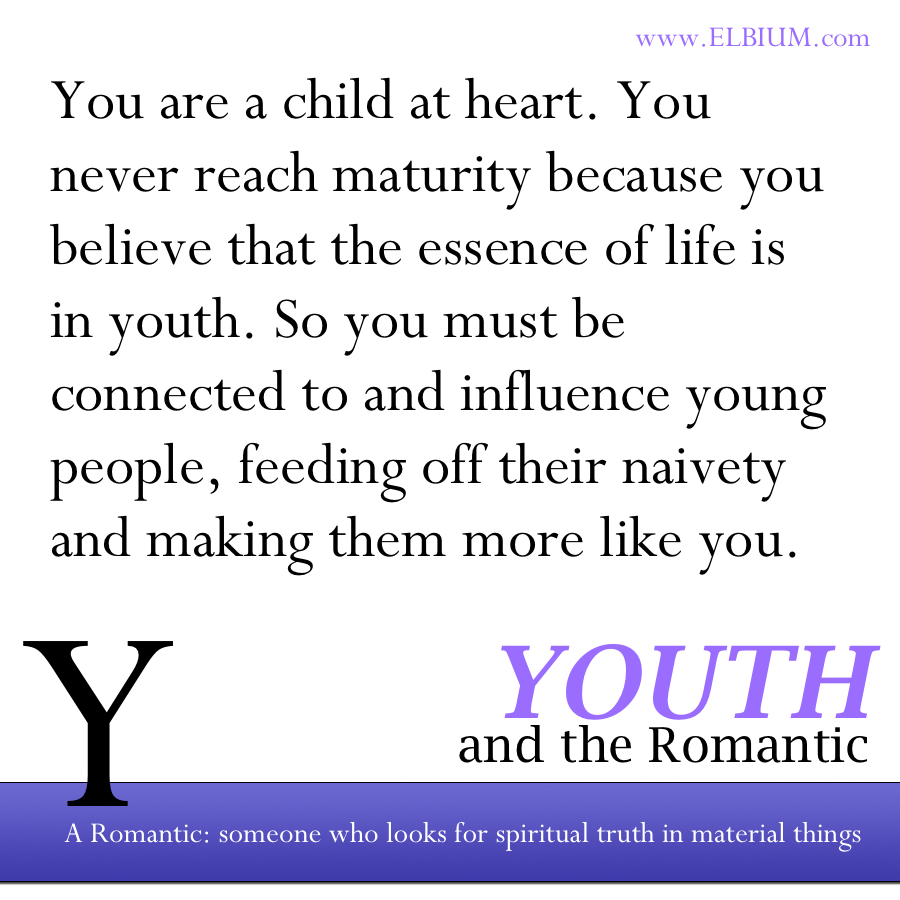Judging by the “most read” stats for this website, a lot of people who reach this blog focus entirely on my essays regarding Ann Voskamp. In particular, people want to read my response to criticism of my first essay. Perhaps her beloved fans expect to see me on the back foot and penitent. In which case, they are no doubt surprised to find that my second essay was more adamant than the first.
I waited two years to reply to those criticisms posed by a junior reader. Two years. It was not that it took me that long to consider her words, but I wanted to reply in a way that was more considered than reactive.
Similarly, I have stopped posting regular long essays on this Culture Blog because things worth saying take time to prepare and to compose. They also take time to read and so belong in books.
I have been writing Creedless Christianity for four years next winter. It sounds a long time. But it is no time at all for the journey that it has been to write.
I began with a few idols, cherished by rather wishy-washy Christian publishers. I looked at the idols as people and corrected the myths surrounding them. Some English. Some American. As we move through the 19th century towards the 20th, the historical aspect deepens, for what we observed in the first idols has flourished in the later ones. We see the influence of one nation on another. Heresies that were tiny plants in a corner of England have now cast a shadow over a later generation - even over ourselves. Instead of looking at history for its own sake, we are understanding the mess in which we live and re-evaluating the many lies we have been told.
Just last week I was amazed at what the history books have not told us and I wonder how I will press so much research into my 18th chapter. But by God’s grace I will. Because this is not about writing for its own sake. This is not about publishing in the infantile worldly sense of pandering to an audience. This is about the truth. This is about understanding your history as a Christian: who you are, where you are and what you are supposed to do. I am not reinventing the wheel. Rather I am raising the flag of Protestantism, specifically Calvinism, which has been for too long pressed into the ground. It was not put there by the Johnny-cum-lately atheists or humanists, socialists or anarchists - but by Christians who argued against credal standards.
15 years ago, I would have given anything to have a book picked up by a Christian publisher. They brushed me away for all the wrong reasons and discouraged me for many years. But I am grateful. It took me 15 years, but I am grateful. Because if those publishers had accepted my juvenile efforts and patted me on the head, I would have produced light works for them for the rest of my life. But once you find yourself excluded from such a guild, you are free to think a little longer, a little wider, a little deeper. You do not have to look over your shoulder to please other people. You are not pressed into a box marked “encouraging women’s author” and told to make Christian people feel good about living in Sodom.
Those who have enjoyed being shocked by my analysis of Ann Voskamp had best avoid both volumes of Creedless Christianity. I hope, Lord willing to bring it to a conclusion this year or the next.





























